The best TV shows I watched in 2023
View the rest of my favorites here.
SEVERANCE
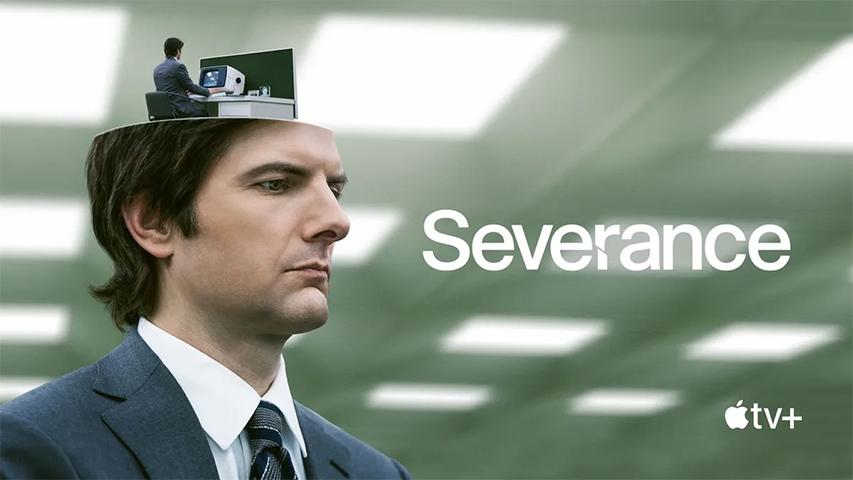
I refuse to entertain the idea of teleportation. No matter how steeped in science fiction the scenario, you won’t find me willingly beaming anywhere. Exempting something like a portable wormhole, the science just doesn’t check out. Your atoms start in one place, get broken down, and end up reassembled elsewhere? Oh, okay, neat, cool. You’re dead, by the way. I don’t care that everything works as intended for all observers. Your partner and family will still love you, your friends will still laugh with you, and the duties assigned to you will be completed the same way you’ve always done them. No one will know the difference, you included. Because you’ll be dead.
Do you see what I’m getting at? Teleportation is a terrifying prospect. It kills you. This is a murder machine, Kevorkian in a man-sized can. What does this have to do with Severance? Nothing, thanks for asking. This show is set like five years in the future and doesn’t deal with teleportation at all. What it does feature is a concept at its core: the theme that an idea that sounds good to us, attractive, maybe even a no-brainer in terms of cost/benefit, the type of scenario that’d get only a few minutes of airtime in a round of hypotheticals; that an idea so easily waved past the TSA agents operating our frontal lobes may end up being the cause of endless abject horror when allowed to materialize.
The idea presented in Severance, again, isn’t teleportation. You need to move on from that, that was a metaphor. In Succession, our main characters are pioneers of a new medical procedure wherein the parts of their memories dedicated to work are isolated and quarantined from their memories of their personal lives. They’re living a tempting promise: the idea that we could work just as much as we do now but without any of the burden; we’d walk into the office, clock in, and then immediately turn around and clock out, bearing no memory of our time at labor. “Tempting” probably doesn’t do it justice. But as it progresses, Severance spends more and more of its screen time peeling back the dream’s veneer and investigating the counter-idea that the total behind-the-curtain isolation of work from a brain now belonging to leisure is the birth of a human who knows nothing but work.
THE LAST OF US
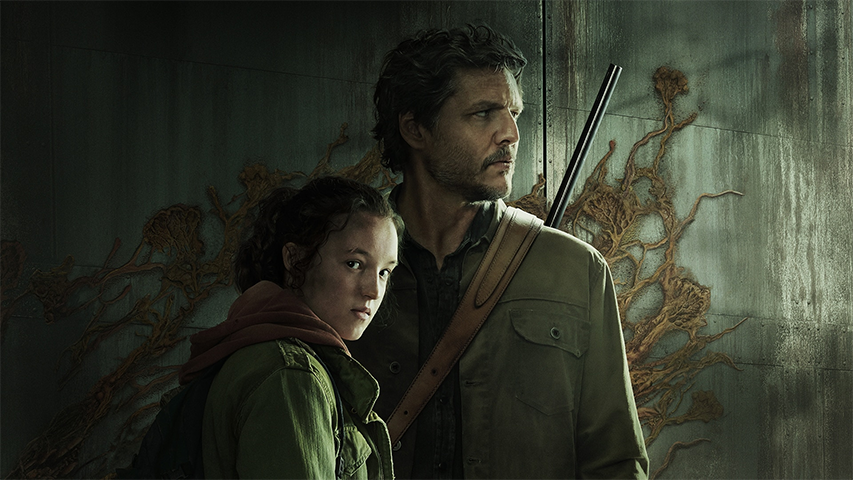
No one warned me that the best episode of the show about mushroom zombies would have been a love story almost entirely divorced from the existence of mushroom zombies. Of course, they couldn’t have, could they? The game from which this show takes its inspiration and story didn’t include that arc, instead taking its characters in a darker, more pessimistic direction. This is the strength of The Last of Us. The overall plot, the worldbuilding, the characters, those are strong, sure, but much of their strength is lifted straight from the 2013 video game. Where the show really shines on its own is in its deviations and adaptations, its choice to show us more of what’s going on beyond protagonists Joel and Ellie, taking advantage of the cinematic privilege of having a camera that leaves your main character’s shoulder. The Last of Us is tense, it’s scary, it’s sad. But above all, it’s an investigation of the bonds of family and the directions these ties pull us in, both for better and for worse. It’s also about mushroom zombies.
BARRY
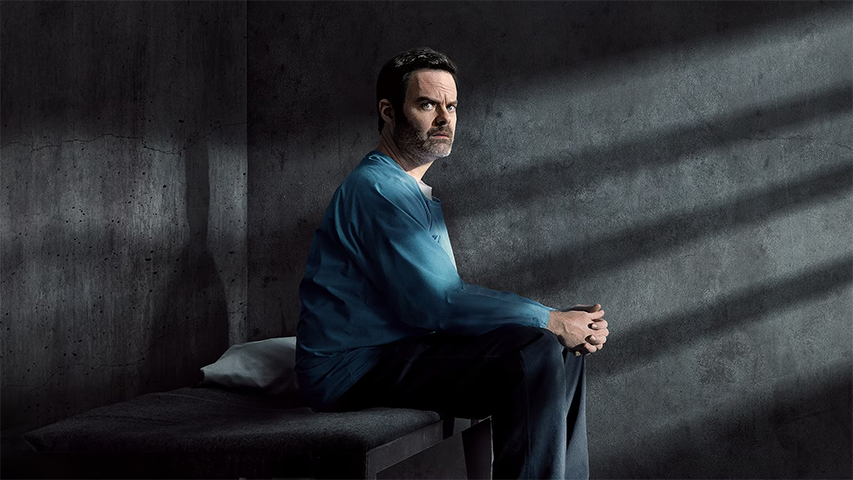
In its final season, Barry is still the dramedy for indecisive, time-strapped viewers who don’t want to have to choose between comedy and drama. The show works, now as it always has, as an edge-of-your-seat thriller and an incredibly effective satire of Hollywood, show business, and the American promise. The story hiccupped a little more than it’s used to on its way to the end, but I still relished every Sunday night and felt grateful to have been along for the motorcycle chase-disrupted ride.
THE BEAR
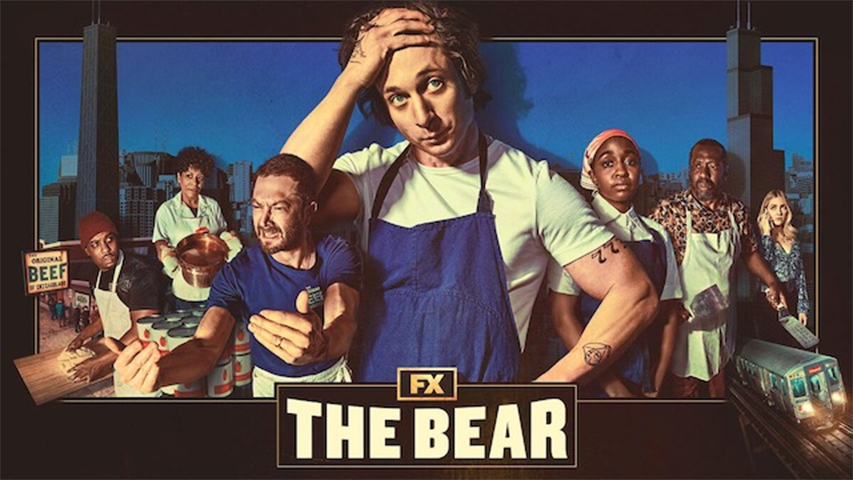
For anyone who needs to hear it: the bear is an optimistic show. I spent a year holding this series at arm’s length because I assumed each season would consist of four to five hours of wind-hardened blue collar Chicagoans screaming at each other until heart disease claimed each and every one. Being someone who taps into primal survival-brain terror the moment someone raises their voice in my vague direction, I wrote it off. After months of insistence from every corner of the internet that the show is worth the while, I took enough ketamine to fully sedate a mid-sized raccoon and enough textual liberty to imagine you’d ever believe me capable of experimenting with hard drugs and dove in.
I should be clearer than clear: The Bear doesn’t always have a happy story to tell. Episodes delve deep into themes like suicide, grief, abuse, and struggles with inherited mental illness. Scenes can be tense, they can hit home. But absent from this series is the theme of hopelessness I expected. The restaurant industry isn’t whitewashed; the work is portrayed as hard, often grueling. But it’s also not romanticized, at least not in the way I’d anticipated. I’d worried this was another show reiterating a tired American trope: that the work may be hard, but in the end it’s always worth it. The Bear challenges ideas like this one both directly and indirectly, lauding the value of work but also putting it in context with compassion and community and questioning the imbalance often favored by the career-minded among us. Each character in this show arrives with pain but finds a path that, in one way or another, suits them and encourages their growth. I came for WWE Smackdown and left feeling hopeful for (and maybe a little inspired by) the community that forms inside and around the walls of a fictional Chicago restaurant.
THE WHITE LOTUS
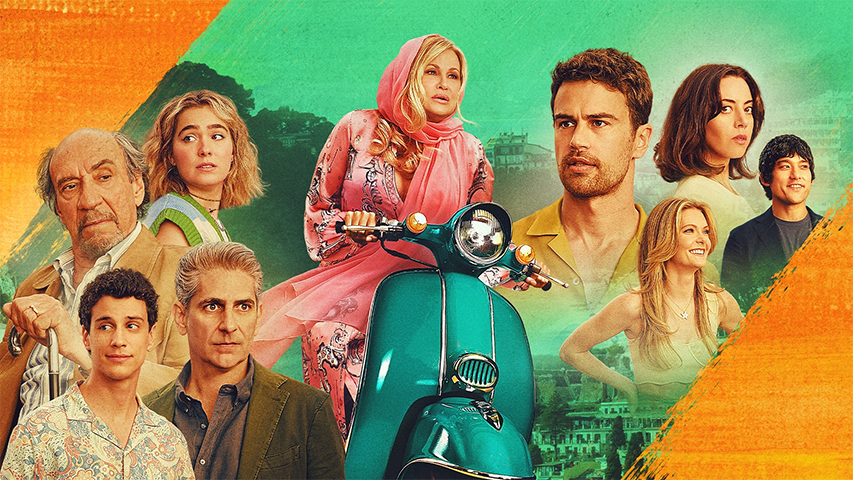
Hell is wealthy people.
TED LASSO
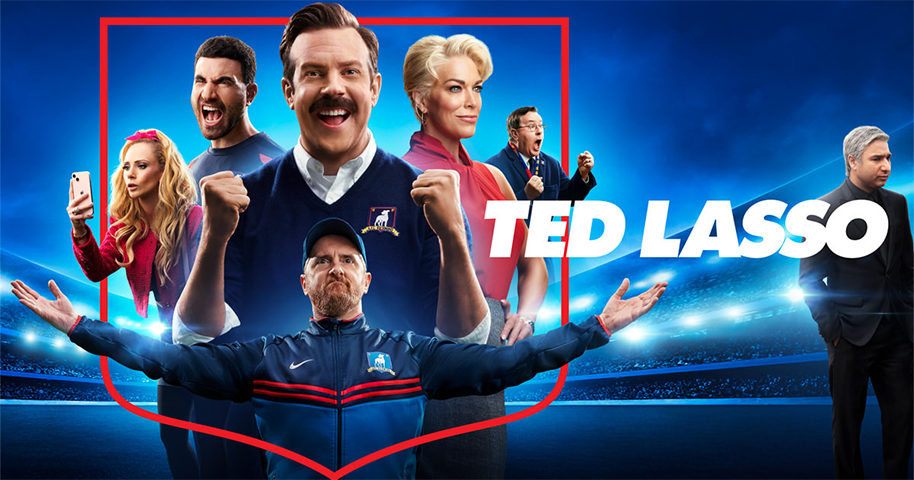
Ted Lasso is optimistic almost to a fault. I’ve seen more people with hard upbringings inspired to change their ways after coming into immense wealth in this show than God has on Earth. The show also hits its stride pretty early and loses a lot of its narrative inertia by attempting to speedrun its remaining story beats in Season 3. You’ll hear it here first, this show would be better if its titular character and engine of dad energy didn’t have a son back home in Kansas. But beneath all that and acknowledging my failure to leave churlish complaints behind in 2023, Ted Lasso is an endlessly endearing show, one whose characters, positivity, and radiation of hope more than make up for its flaws. This is an all-time happy-watch.
PARTY DOWN
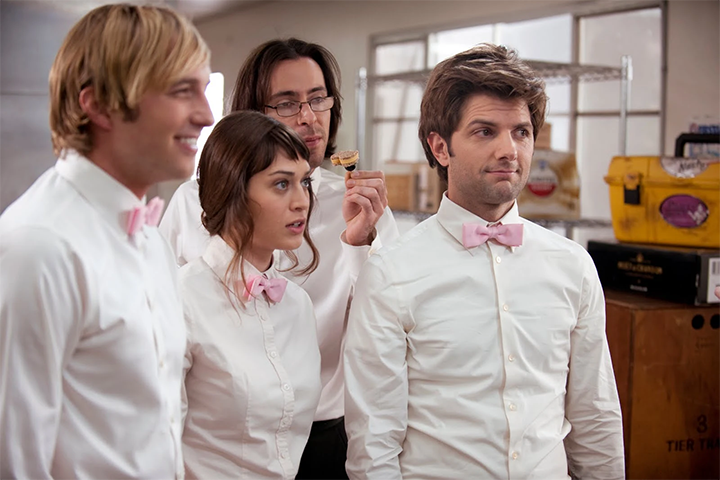
Are we having fun yet?
TASKMASTER

If there’s ever a year that some version of Taskmaster doesn’t make this list, it’s time to pull the plug on British TV and panel shows forever. Sam “Doctor Cigarettes” Campbell is a treasure.
I THINK YOU SHOULD LEAVE
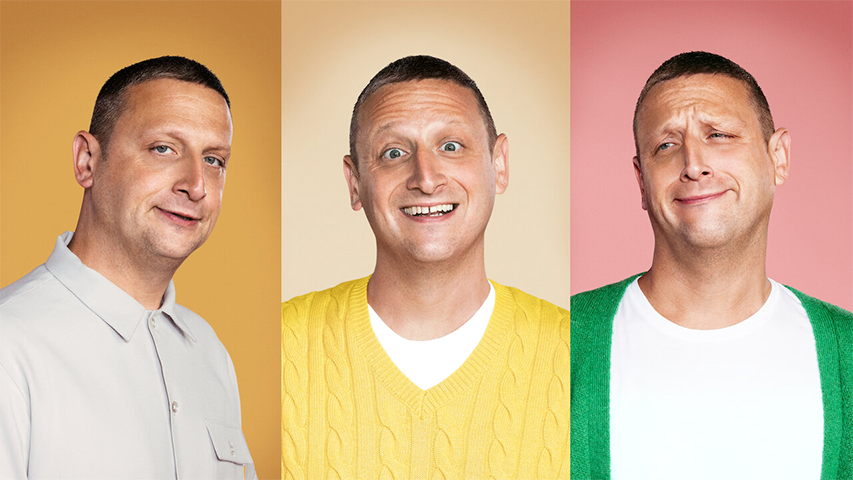
It’s simply too good.
RAISIN D’ARGENT: HOW TO WITH JOHN WILSON

If I had a dollar for every time the words “I think How To with John Wilson is the best thing on TV right now” left my mouth this year, I’d have enough money for at least a month-long MAX subscription, giving me more than enough time to re-binge the series from start to finish and add in a bonus season or two of My 5000 Pound Wedding, 45 Days to Commit a Sex Crime, Mentally Ill Freaks, and/or whatever else it is the Discovery partnership is supposed to bring to the table. John Wilson remains a B-roll god, and his team of either one man or five hundred continue to manifest Hephaestus in their assiduous forging of narrative from everyday refuse. Somehow I doubt I’ll ever again see a documentarian use someone else’s casual autocastration as a metaphor for their own life as a filmmaker. Maybe my mental health will be better for it. But where’s the joie de vivre in that?
RAISIN D’OR: SUCCESSION
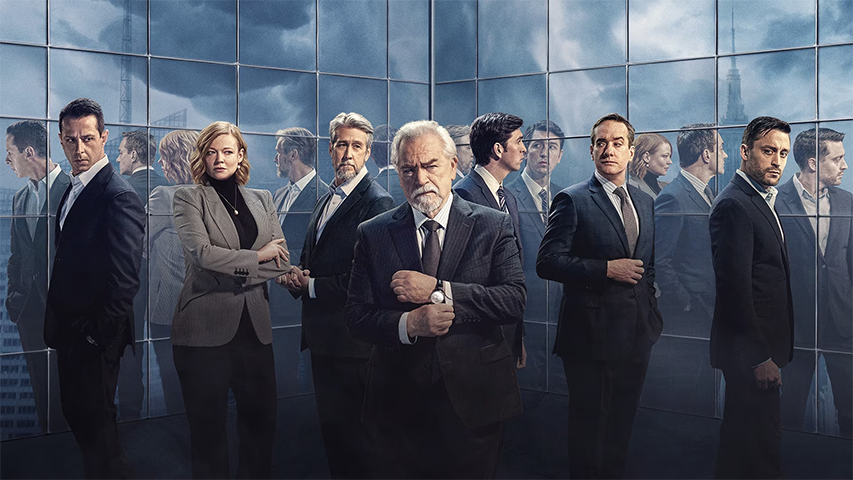
Every person I’ve ever heard talk about Succession, myself included, has proudly advertised it as a show about terrible people. This is an accurate, if slightly truncated, description. It’s also an awful way to market a show. If I wanted to spend an hour being angry at screens, I’d ask Santa Claus to give me back my Twitter password. But beneath both the gilded-over surface and underlying patina, Succession is a uniquely enveloping story, a tragedy wherein all players are victims, no matter how well some of them manage to better hide their victimhood behind a mask of birthright victory. The show’s scenes blend satire and Shakespeare so perfectly with the reality of the rapacious class, and its actors put everything (sometimes too much) into every performance. This show is funny, it’s aggravating, it’s unbelievably sad. It was, without a doubt, the greatest thing on TV this year.